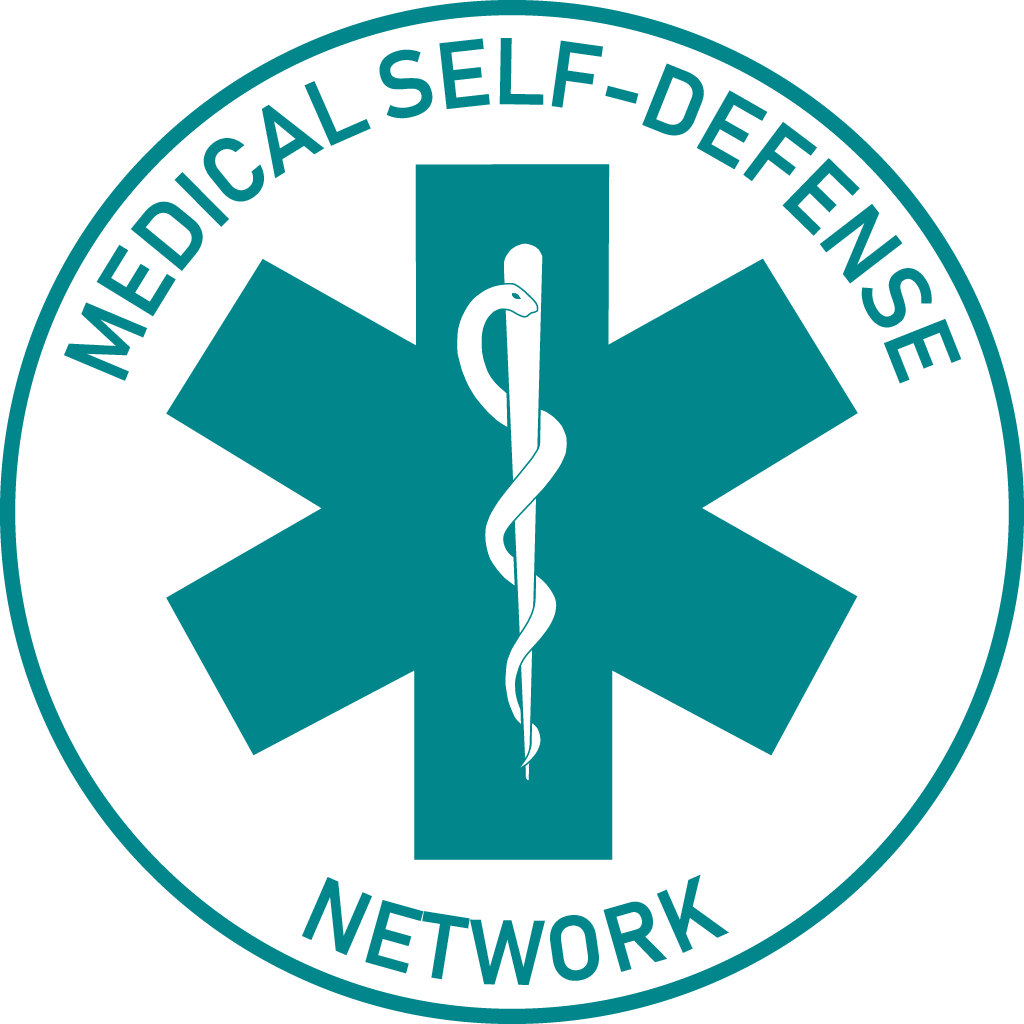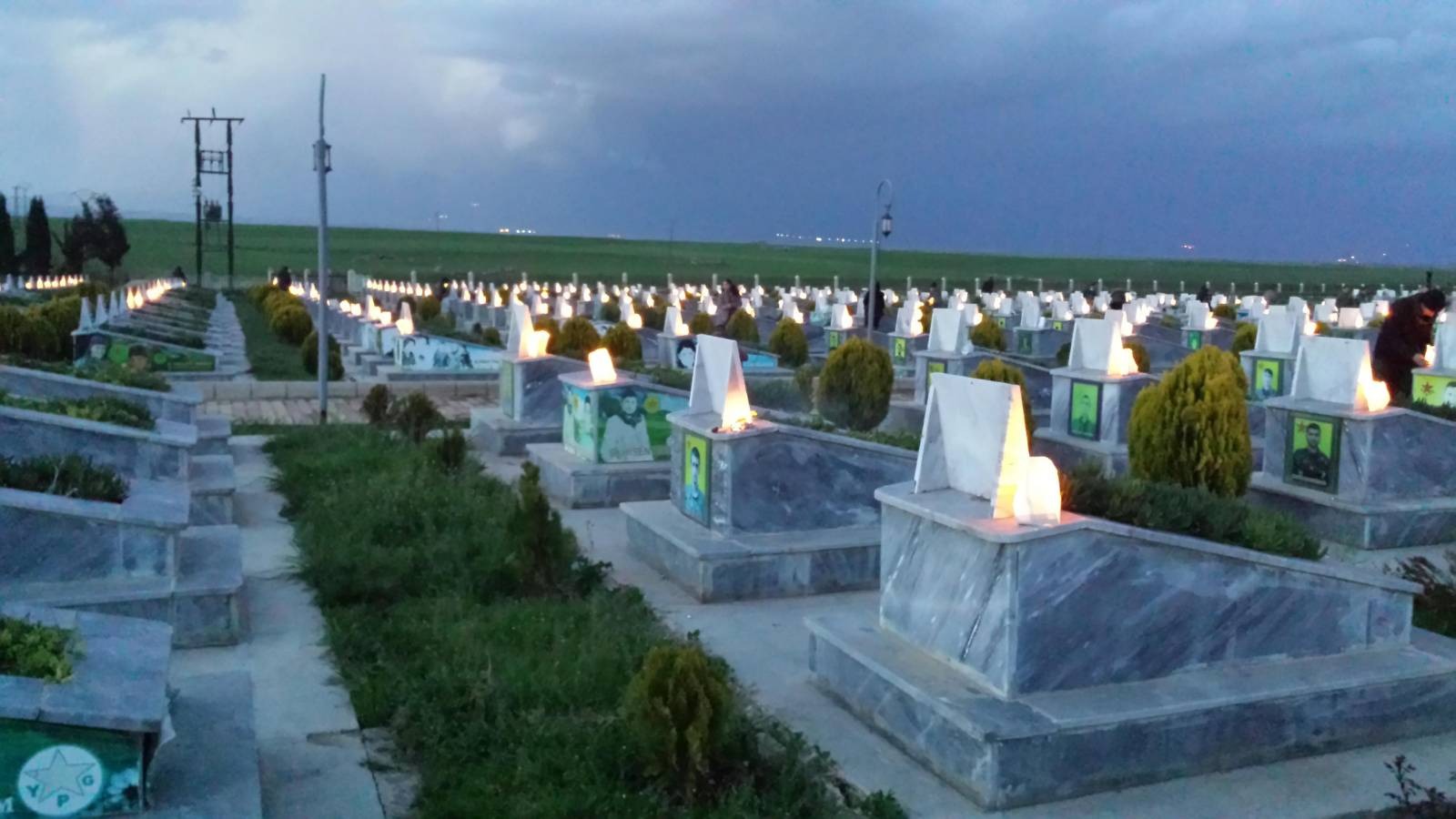
Cemetery of the fallen fighters, they have one in every city, the one in Derik pictured here
CONTENT WARNING: Graphic images of war injuries
After the invasion of Turkey into Northeast Syria, an international group of health workers came together and discussed the experience of the years of war against ISIS and the Turkish invasions of Afrin in 2018 and Cizre in 2019 – cantons of NES. To build up better ways to support the local health structures, we decided to found an NGO that would allow us to send medical supplies and organize health workers to come to NES to give educations, support where it is needed and to get to know the revolution of Rojava.
Areas of Work

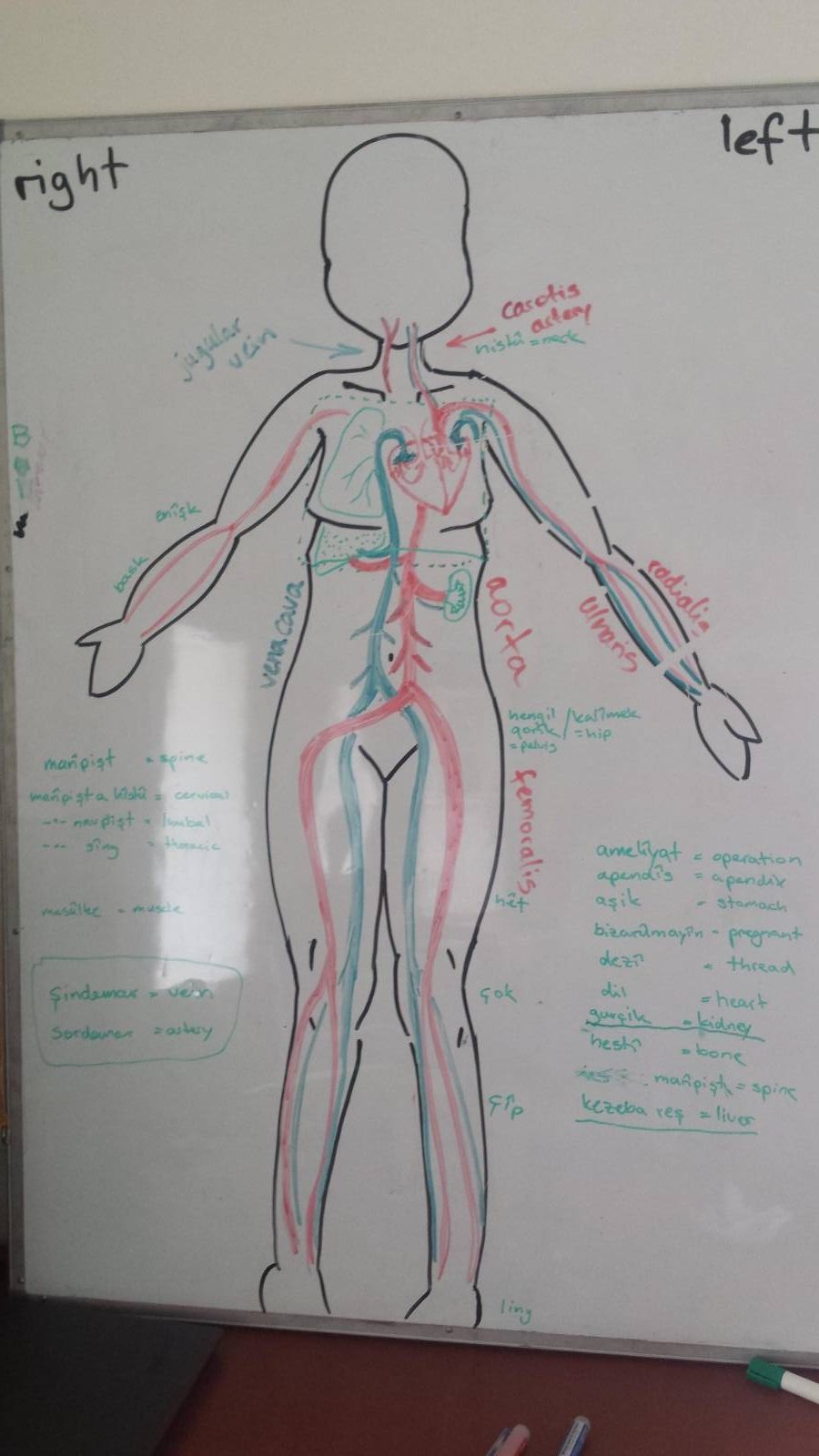
It was evident that there is a lack in medical knowledge in the self-defense forces and the civilian population. Also specialized first aid materials (tourniquets, Israeli bandages, Celox) are not available in the quantities needed.
To start addressing these issues, we developed an educational program in basic emergency first aid. With that program we went at the front lines and to the surrounding villages, training people how to make improvised tourniquets and distributing backpacks with medical supplies.
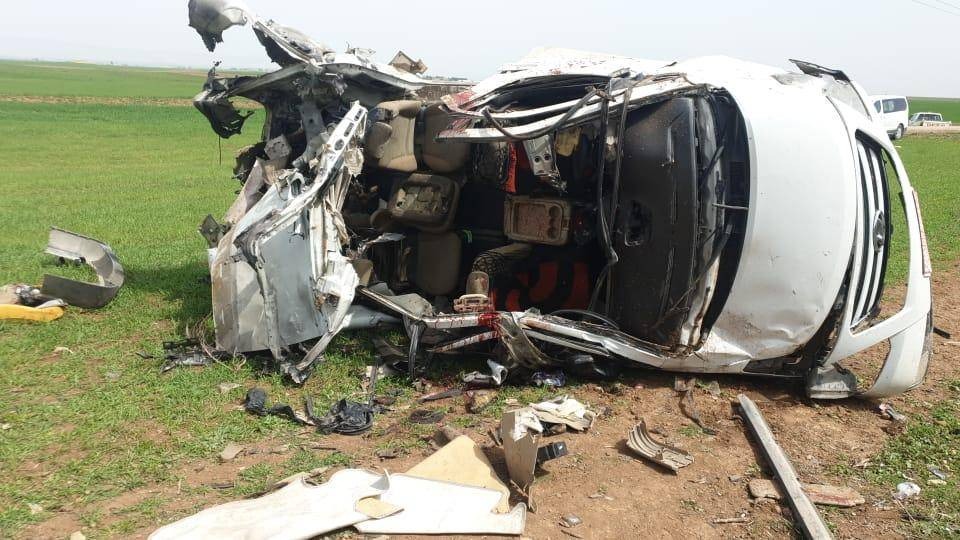
Aftermath of a drone strike
At the same time we were able to treat minor illnesses and injuries with medicines provided by the health structures of the Autonomous Administration of North and East Syria (AANES). Since many villages are in remote areas and there is no more public transport due to the ongoing bombardments, it is very difficult for many villagers to come to the health centers in the cities.
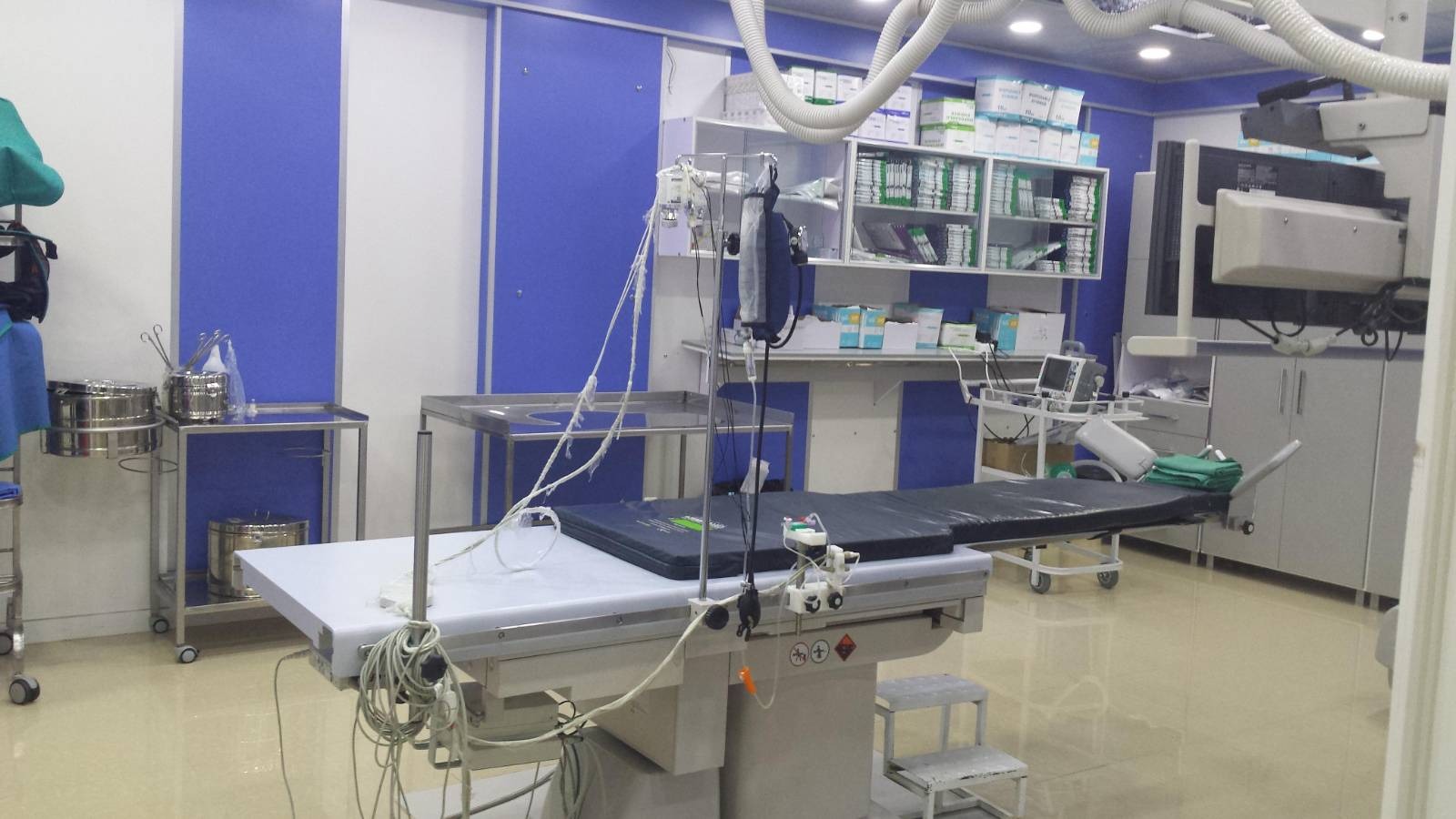
Catheter lab for heart attacks in Qamishlo hospital
In the light of increasing threats by the Turkish government to start a new invasion, we collaborated with the health structures of the AANES in setting up triage points and sheltered hospitals, as well as creating depots of medical supplies in strategic positions.
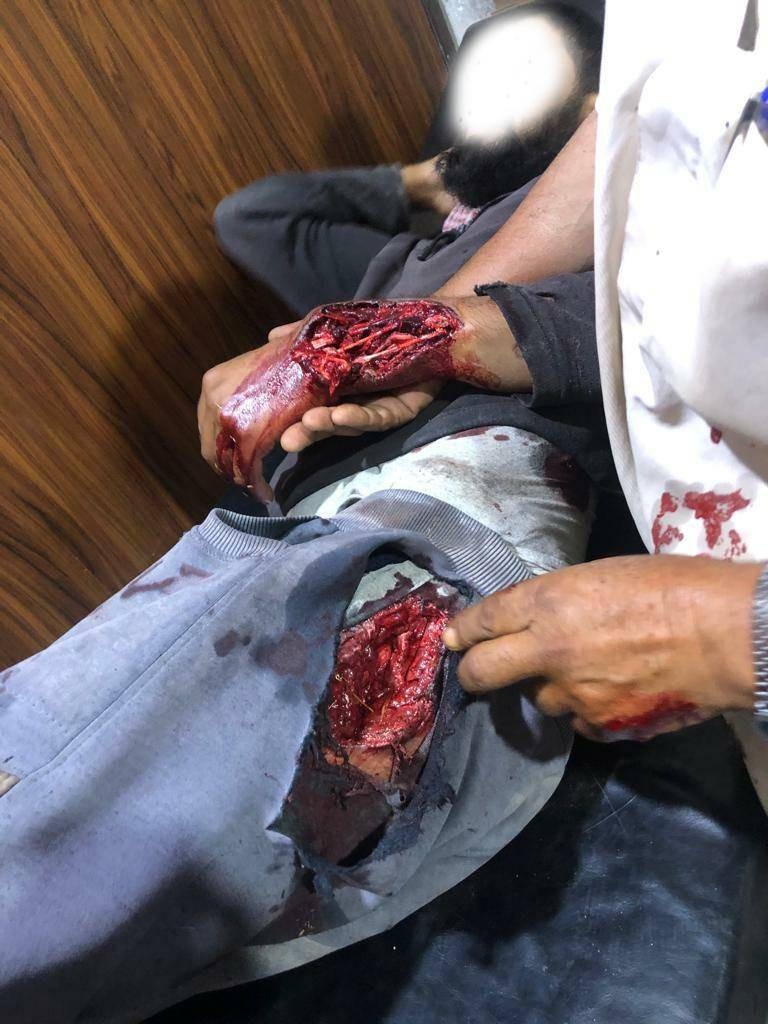
Shrapnel wounds from mortars
We managed to send small amounts of tourniquets and other special first aid equipment from outside and prepare Individual First Aid Kits (IFAK) to be distributed if another war will start.
Leishmaniasis outbreak
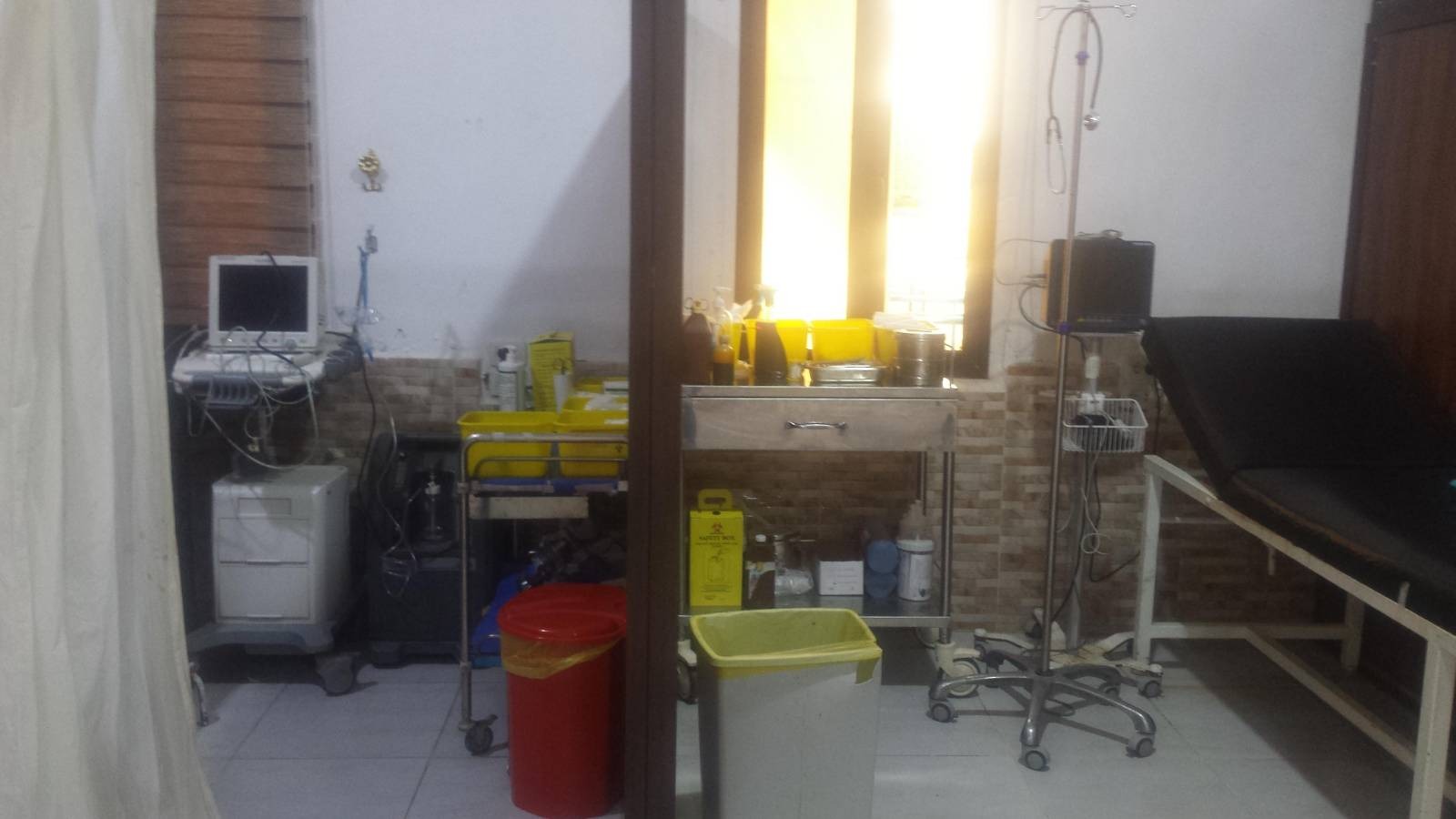
Emergency room near the front line
With a large outbreak of leishmaniasis in Northern Syria in 2021-2022, our members supported the local hospital, that faced 500 and more patients every day.
Leishmaniasis is a microscopic parasite, which is gets into the skin via bites of sand flies. After some weeks skin ulcers show up, that grow and become easily infected, leaving big scars. Since people wear clothes which cover most of the body, most of the bites are in the face, hands and lower legs. Especially when on the face, nose, ears and eyelids, they can create irreversible tissue damage and are difficult to treat.
The only available medication in North East Syria is an antimon, a heavy metal poison that is injected into each of the ulcers 1-2 times a week. Since leishmaniasis was a disease none of us had encountered before, we did research and had discussions with local health workers, trained our volunteers and then sent them out to the villages and front line positions to administer weekly injections.
Necessities of the coming time
One of the biggest remaining problems in this work is that there is a serious shortage of first aid materials. Improvisation gets us quite far, but having more easy-to-use, reliable tourniquets, good pressure bandages, naso-pharyngeal airways and chest seals would be a great support.
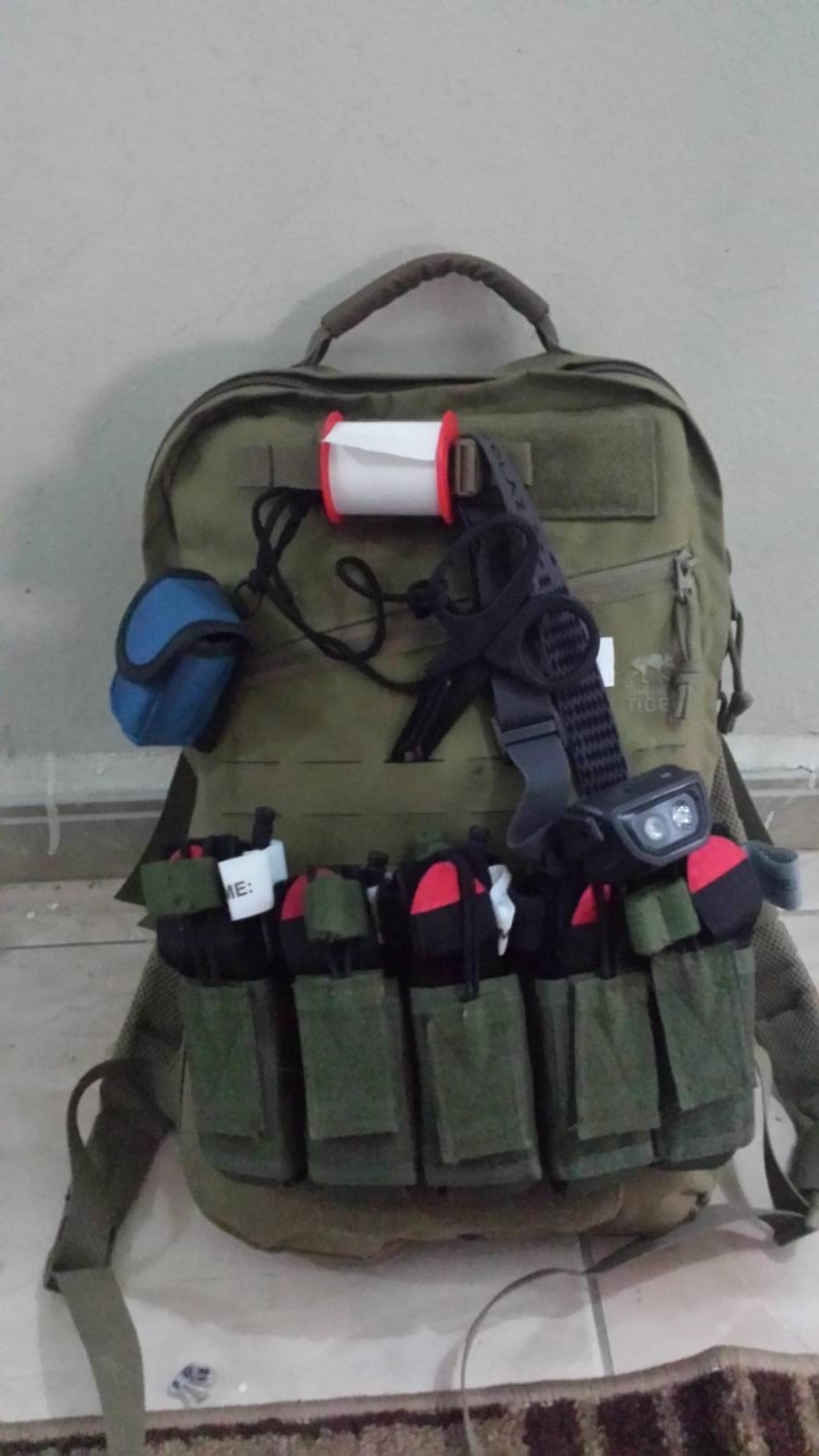
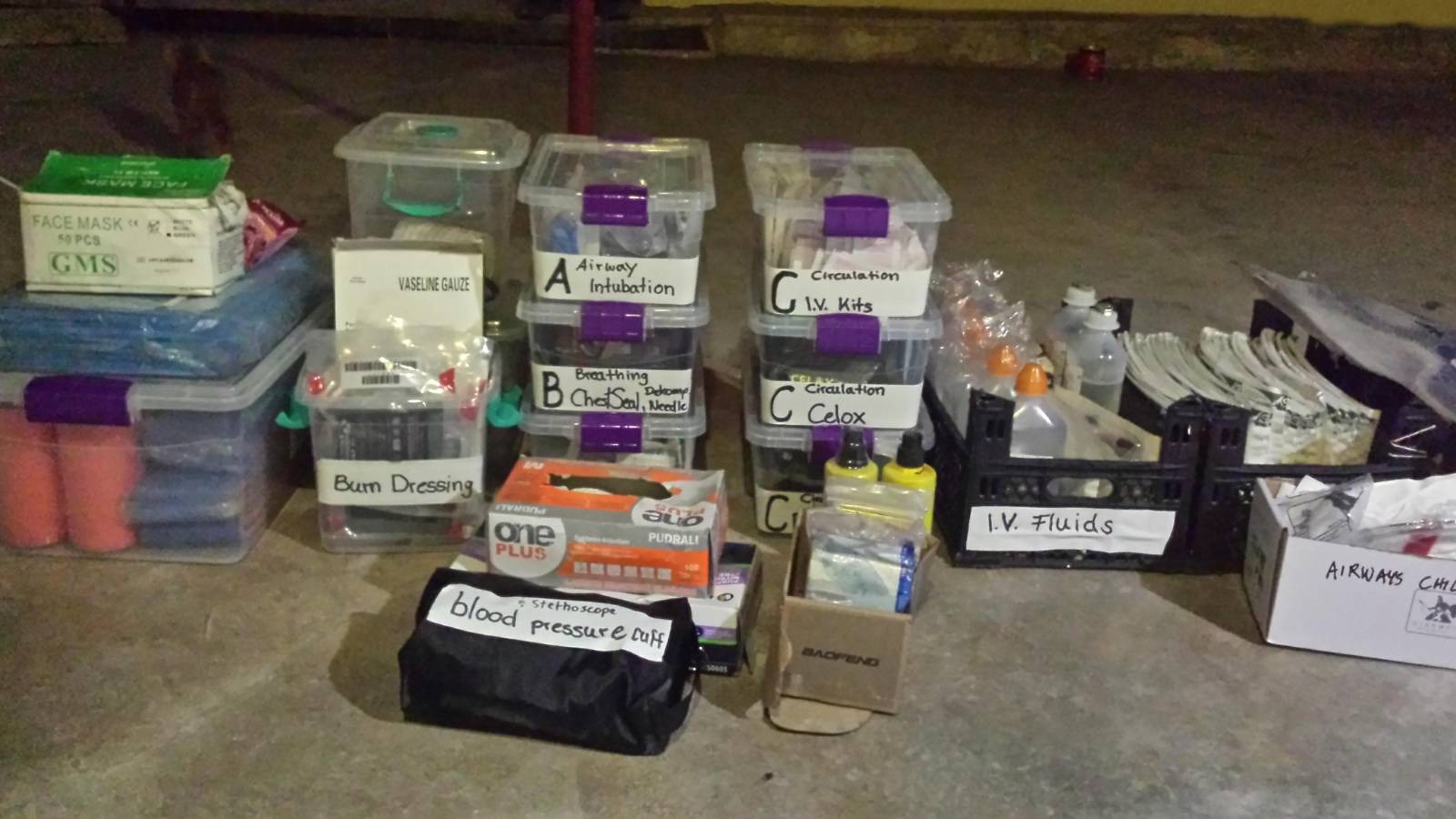
Equipment for our new ambulance
We are eagerly awaiting the results of our 3D printing project, with the hope that this can be implemented here in NES as soon as possible.
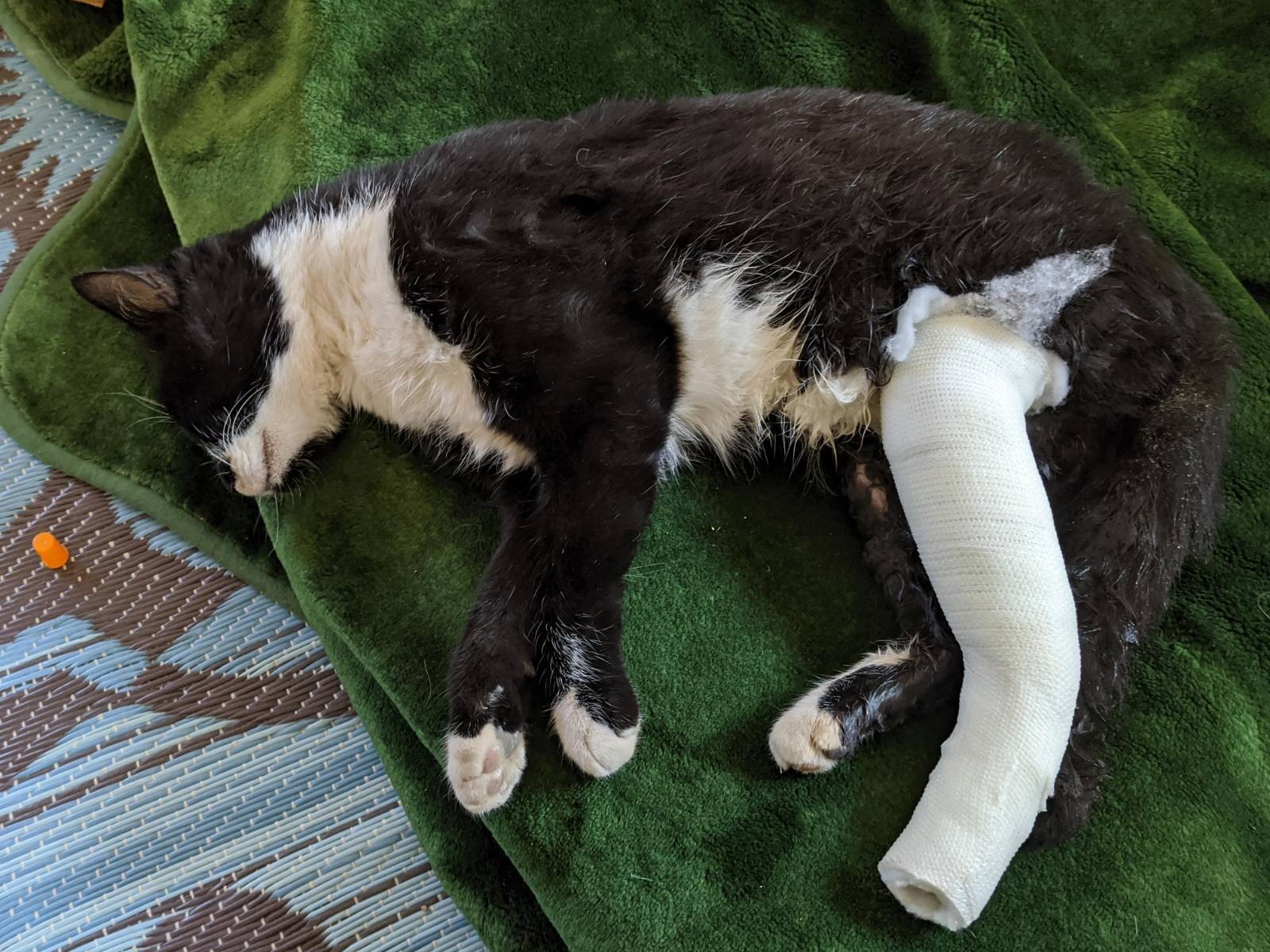
Our cat broke his leg, but is all good now!
